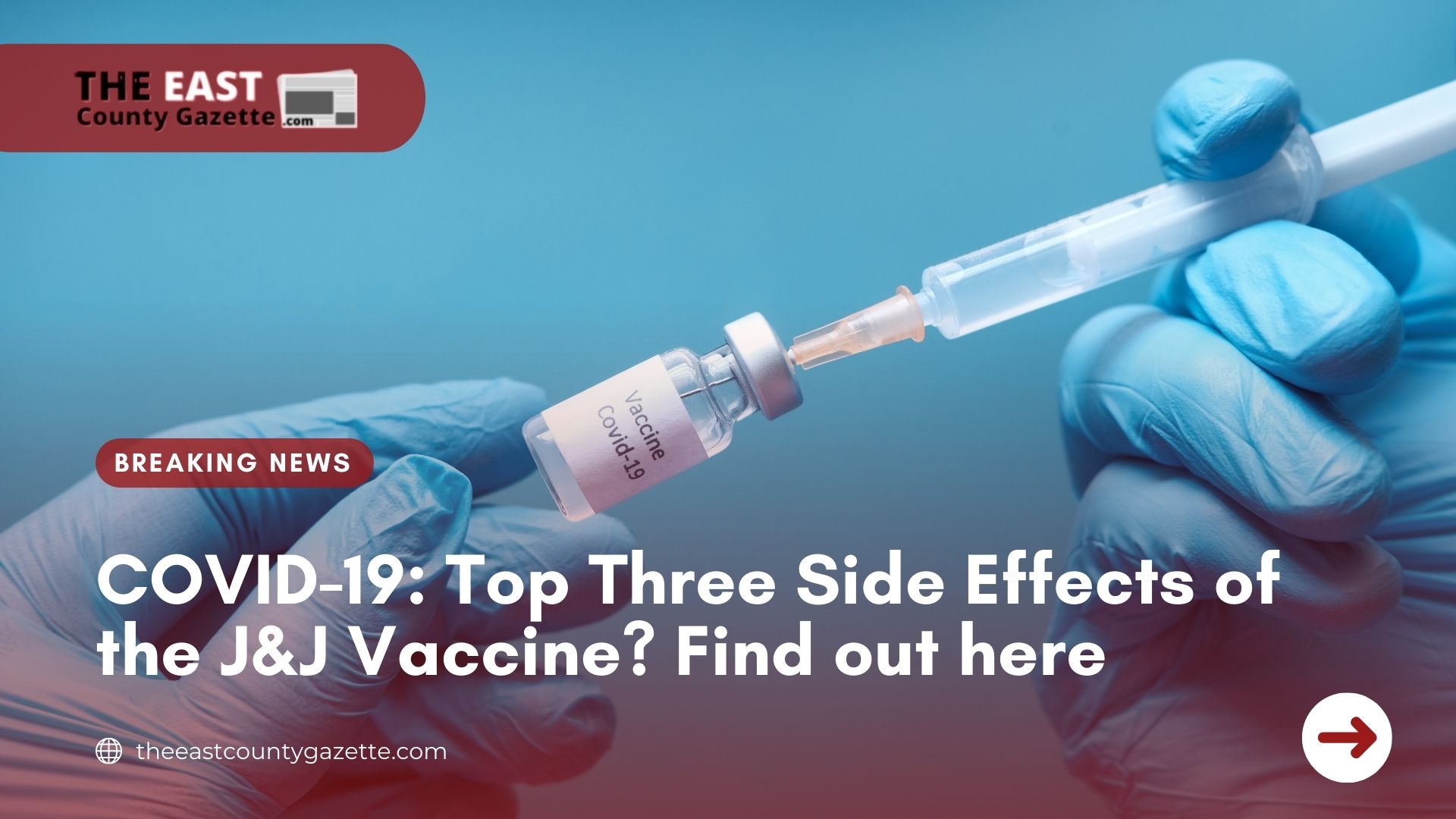A recent study by the CDC (Centers for Disease Control and Prevention) shows the top three side effects of the Johnson & Johnson booster vaccine, which are as follows:
- injection site reaction
- muscle aches
- and headache.
However, the results of the study came from a smaller group of people: only 48 participants as opposed to a study on mRNA booster shots of 12,000 people, which bore almost the same side effects. Only 25% of CDC study participants reported side effects that had to do with injection site reactions.
The CDC also found that people who’d received three doses of either Pfizer or Moderna saw more local reactions — pain, itchiness, redness, or swelling at the injection site — after dose three compared to dose two. Other side effects such as fatigue, muscle aches, or headaches were less common, affecting 74% after their third dose, compared with 77% after dose two.
Recommended Read: COVID 19: Pfizer Asks FDA Approval for Vaccinations in Kids.
Furthermore, the CDC says that the findings in the report are subject to at least four limitations. First, enrollment in v-safe is voluntary and likely not representative of the vaccinated U.S. population; with the majority of participants identified themselves as White and non-Hispanic.
Second, during this study period, additional dose recommendations were limited to persons with immunocompromising conditions who completed a primary mRNA COVID-19 vaccination series; however, v-safe does not include information about the immune status. Additional-dose recipients likely include persons with and without immunocompromising conditions.
Recommended Read: Experts Say the United States Needs to Prepare for Another Pandemic Like COVID.
Third, a causal relationship between a vaccine and clinically serious adverse events reported after vaccination cannot be established using v-safe data. Finally, insufficient data were available to determine patterns of adverse reactions after receipt of an additional dose from a manufacturer different from the primary series or for the Janssen vaccine.
The CDC recommends boosters for people 65 years and older, nursing home residents, and people ages 50 to 64 with underlying medical conditions. The agency says younger adults with underlying medical conditions or those at increased risk of COVID-19 exposure because of their job or living arrangement may consider a booster shot.

